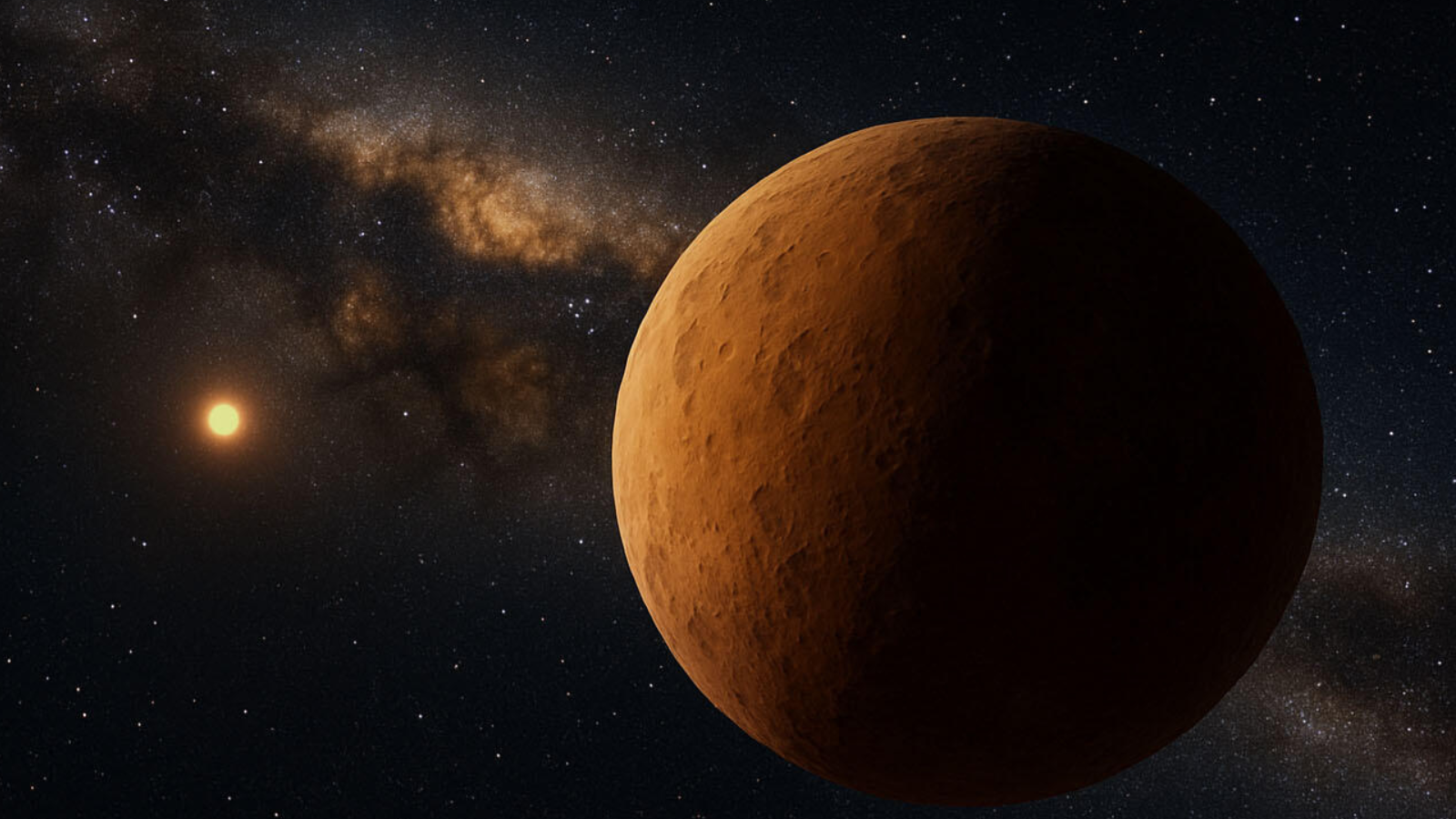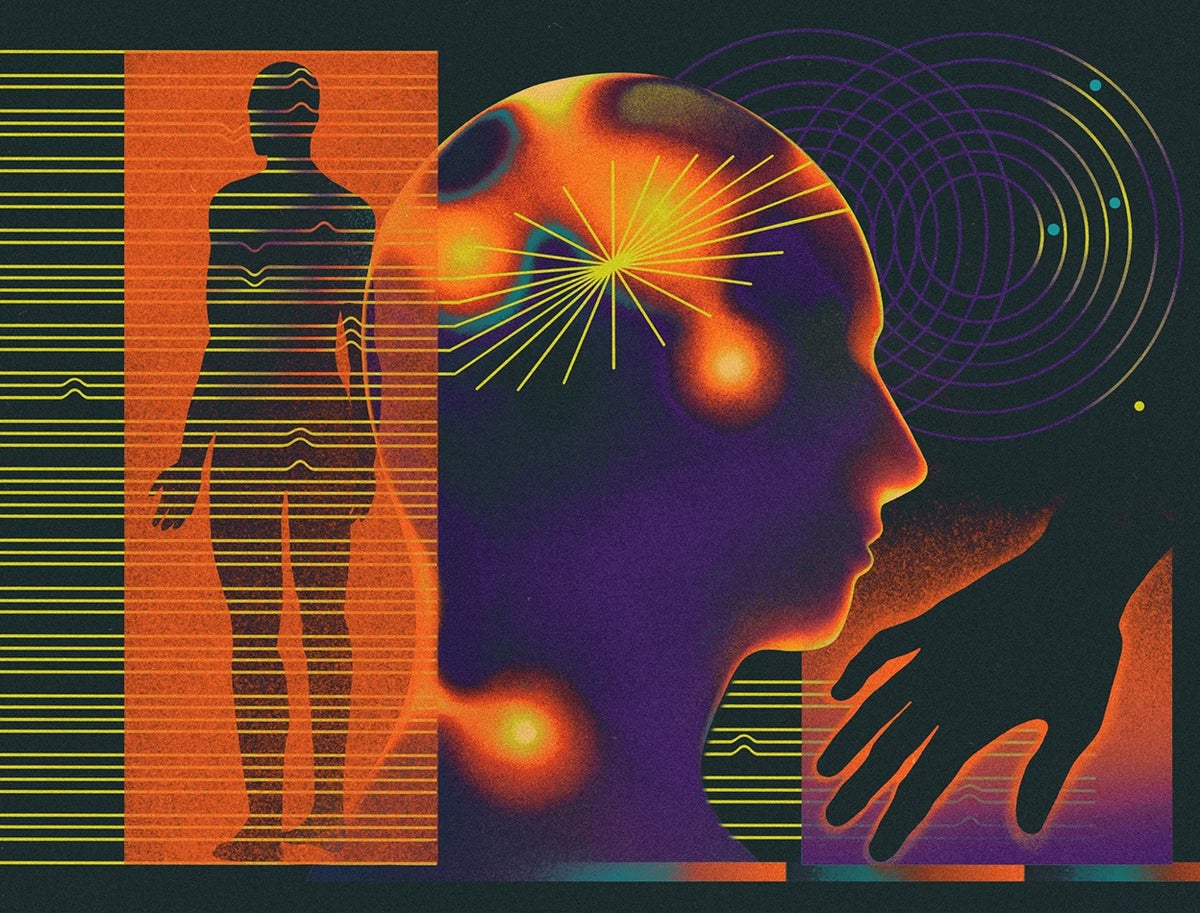Foundation review: Foundation’s new season has dramatic potential – but sadly falls flat


Cassian Bilton plays Dawn, one of three clones who rule the galaxy
Patrick Redmond/Apple TV+
Foundation
Apple TV+
Mel Brooks and Carl Reiner used to spend every evening watching movies. Their favourites were cheesy – the type of film where someone says, “Secure the perimeter!” Why do I mention this in the context of Foundation? Because this adaptation of Isaac Asimov’s novels started out as a thought-provoking series, but is now a “Secure the perimeter!” kind of watch.
It has been two years since Foundation last aired, so if you have forgotten where we left off, that is understandable. To recap: the galaxy has long been ruled by the Genetic Dynasty, a triad of clone emperors decanted at different ages to rule as Dawn, Day and Dusk. They are served by Demerzel (Laura Birn), the last robot in existence. Some 150 years after season two, the first Foundation, a society designed to replace the empire, now controls the outer planets.
The mind of Hari Seldon (Jared Harris), who predicted the fall of the empire via the mathematical field of psychohistory, was uploaded to a vault that opens shortly before a “Seldon crisis” is due. These crises are inflection points that could plunge the galaxy into thousands of years of darkness. Meanwhile, the second Foundation (a hidden colony of “mentalics” with telepathic abilities) works in the shadows to pre-empt a third Seldon crisis, which will be sparked by The Mule (Pilou Asbæk), a warlord and fellow mentalic. It is guided by another version of Seldon, with a physical body, and his protégée Gaal Dornick (Lou Llobell), who awaken for a few weeks each year to impart psychohistory’s principles.
It still looks gorgeous – a range of beautifully rendered planets make the universe feel unending
That is the bare minimum you need to know heading into Foundation‘s third season. It is a lot to take in, even before we add new characters into the mix: there’s the first Foundation’s ambassador, Quent (Cherry Jones), who maintains uneasy relations with the empire; Han Pritcher (Brandon P. Bell), an intelligence agent who moves between the two Foundations; and Toran Mallow (Cody Fern), the profligate descendant of the wily Hober Mallow from season two.
This should make for a complex world, populated by well-drawn characters. And sometimes the show retains a satisfying blend of drama and big ideas, particularly when Demerzel is involved. It still looks gorgeous – a vast range of beautifully rendered planets make the universe feel unending.
But here’s the paradox: the lore and scale of Foundation should make it mentally stimulating, but too many of its plotlines have become absurd and shallow. The richest, most interesting elements of the show – the two Seldons, potential alliances between the empire and Foundations, even the skirmishes between the three emperors – remain largely unexplored. Foundation has the rhythms of intelligence without the substance. And that’s before we get to the dialogue. The first time a character dropped a clunker like, “We’ve got company,” I groaned. By the end, I was longing for a “Secure the perimeter!”
It is hard to see a good show go bad, harder still when a gleam of something special remains. I have seen nine episodes – and perhaps that final, 10th instalment will tie it all together, opening up the series like Seldon’s vault and revealing a hidden plan at work. I’m doubtful. Your enjoyment may depend on whether you can switch off your brain and embrace Foundation for the crude satisfaction it occasionally offers, far from the jewel of TV it once was.
Bethan also recommends…
Andor
Disney+
Foundation may satisfy history fans interested in cycles of civilisation. For a similar kick, try this Star Wars series, following a key player in the downfall of a very different empire. It is that rare thing: a show that stayed excellent throughout.
The Rise and Fall of the Galactic Empire
Chris Kempshall
Yes, it’s more Star Wars, but this account of the 24-year reign of Emperor Palpatine, written from the perspective of an in-universe historian, is such a fun read.
Take your science fiction writing into a new dimension during this weekend devoted to building new worlds and new works of art Topics:
The art and science of writing science fiction
Source link






